Manual of Regulation-Focused Psychotherapy for Children (RFP-C) with Externalizing Behaviors: A Psychodynamic Approach offers a new, short-term psychotherapeutic approach to working dynamically with children who suffer from irritability, oppositional defiance, and disruptiveness. RFP-C enables clinicians to help by addressing and detailing how the child’s externalizing behaviors have meaning that they can convey to the child. Using clinical examples throughout, Hoffman, Rice, and Prout demonstrate that in many dysregulated children, RFP-C can:
- Achieve symptomatic improvement and developmental maturation as a result of gains in the ability to tolerate and metabolize painful emotions, by addressing the crucial underlying emotional component.
- Diminish the child’s use of aggression as the main coping device by allowing painful emotions to be mastered more effectively.
- Help to systematically address avoidance mechanisms, talking to the child about how their disruptive behavior helps them avoid painful emotions.
- Facilitate the development of an awareness that painful emotions do not have to be so vigorously warded off, allowing the child to reach this implicit awareness within the relationship with the clinician, which can then be expanded to life situations at home and at school.
This handbook is the first to provide a manualized, short-term dynamic approach to the externalizing behaviors of childhood, offering an organizing framework and detailed descriptions of the processes involved in RFP-C. Supplying clinicians with systematic individual psychotherapy as an alternative or complement to PMT, CBT, and psychotropic medication, it also shifts focus away from simply helping parents manage their children’s misbehaviors. Significantly, the approach shows that clinical work with these children is compatible with understanding the children’s brain functioning, and posits that contemporary affect-oriented conceptualizations of defense mechanisms are theoretically similar to the neuroscience construct of implicit emotion regulation, promoting an interface between psychodynamics and contemporary academic psychiatry and psychology.
Manual of Regulation-Focused Psychotherapy for Children (RFP-C) with Externalizing Behaviors: A Psychodynamic Approach is a comprehensive tool capable of application at all levels of professional training, offering a new approach for psychoanalysts, child and adolescent counselors, psychotherapists, and mental health clinicians in fields including social work, psychology, and psychiatry.

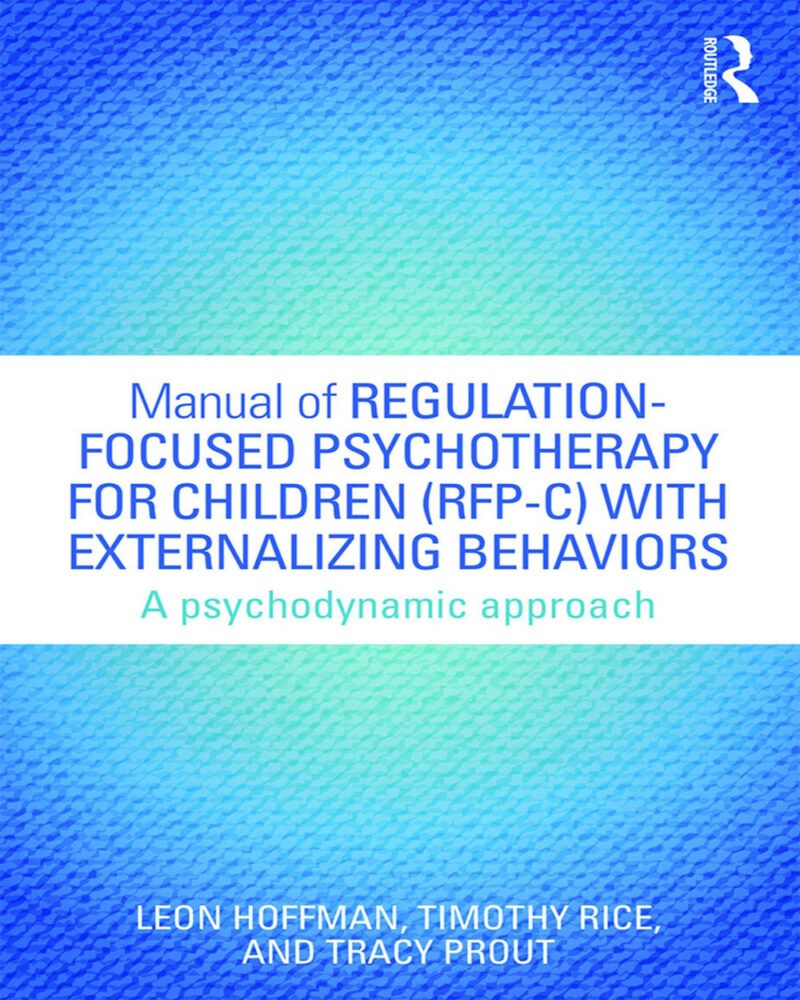

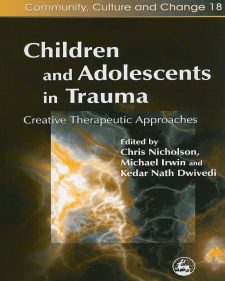
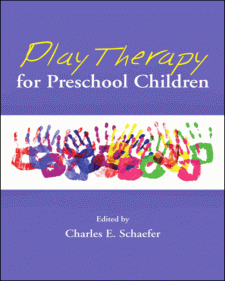
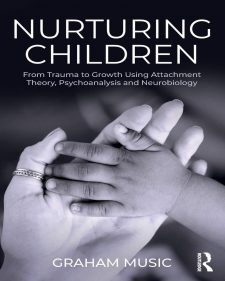

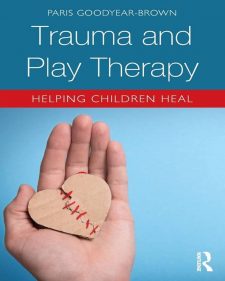


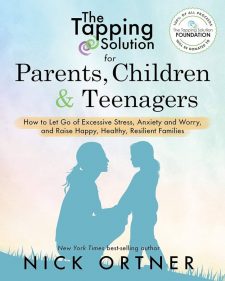
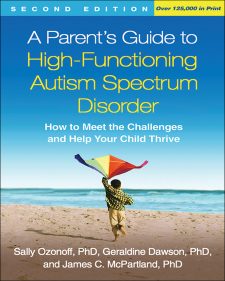
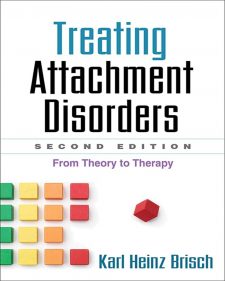


5 reviews for Manual of Regulation-Focused Psychotherapy for Children (RFP-C) with Externalizing Behaviors A Psychodynamic Approach